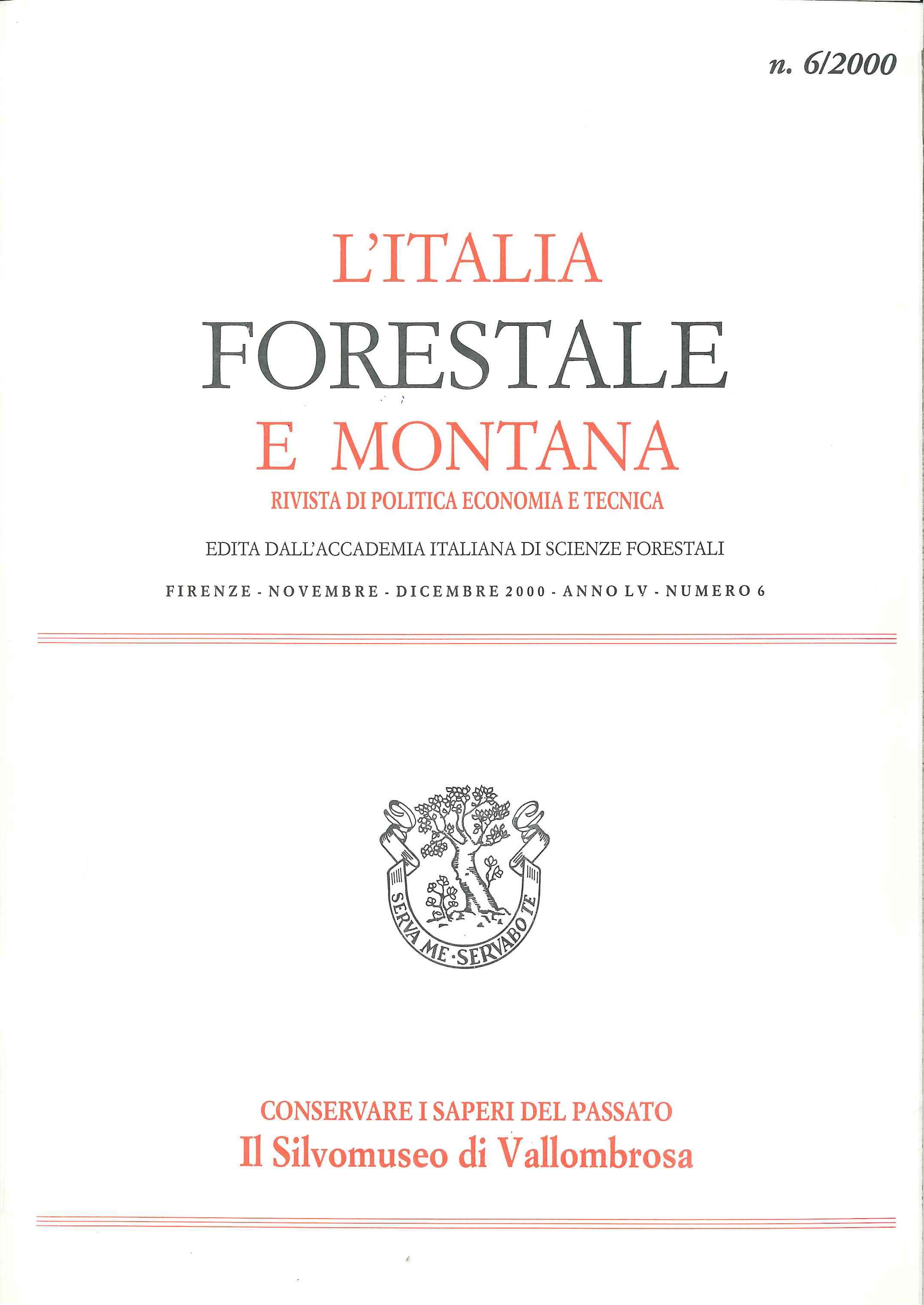Published 2013-06-19
Copyright (c) 2013 Italian Journal of Forest and Mountain Environments

This work is licensed under a Creative Commons Attribution-NonCommercial 4.0 International License.
Abstract
The focal points of the debate that has recently involved ecologists, economists and foresters in the search for a definition of sustainability are briefly examined. Among ecologists the discussion has focused on the scientific paradigm for the interpretation of ecosystem dynamics and on the role of science in the quest for sustainable use of natura1 resources. The difficulty in conciliating economic development with environmental protection has been the discriminating question among economists. In forestry, the concept of sustainable management has been interpreted in many different ways, but the majority of foresters is still convinced that sustainable management is based on sustained yield. The author concludes that sustainable forest management must embrace social equity, respect for the environment and economic sustainability. This means considering not only the economic but also the ethical values involved; recognizing the complexity of forest systems; choosing an adaptive approach; adopting the precautionary principle. These are the bases of systemic silviculture. Forest management is really sustainable only if, first of all, it sustains the forest.

